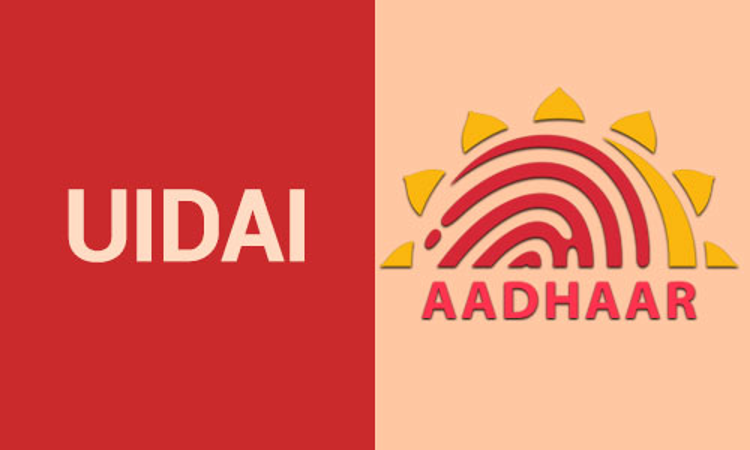The President has promulgated Aadhaar and other laws(Amendment) Ordinance 2019 to make amendments to the Aadhaar Act 2016, Prevention of Money Laundering Act 2005 & Indian Telegraph Act 1885. The amendments proposed are the same as those contained in the Bill passed by the Lok Sabha on 4th January 2019. The Constitution Bench of the SC in the judgment delivered on September 26 had upheld...

